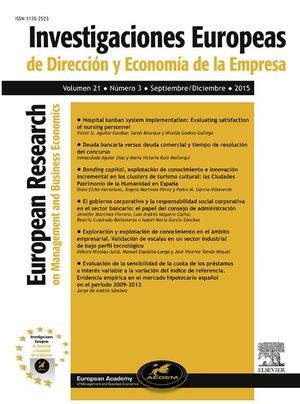Supply chain disruptions have serious consequences for society and this has made supply chain risk management (SCRM) an attractive area for researchers and managers. In this paper, we use an objective literature mapping approach to identify, classify, and analyze decision-making models and support systems for SCRM, providing an agenda for future research. Through bibliometric networks of articles published in the Scopus database, we analyze the most influential decision-making models and support systems for SCRM, evaluate the main areas of current research, and provide insights for future research in this field. The main results are the following: we found that the identity of the area is structured in three groups of risk decision support models: (i) quantitative multicriteria decision models, (ii) stochastic decision-making models, and (iii) computational simulation/optimization models. We mapped six current research clusters: (i) conceptual and qualitative risk models, (ii) upstream supply chain risk models, (iii) downstream supply chain risk models, (iv) supply chain sustainability risk models, (v) stochastic and multicriteria decision risk models, and (vi) emerging techniques risk models. We identified seven future research clusters, with insights from further studies for: (i) tools to operate SCRM data, (ii) validation of risk models, (iii) computational improvement for data analysis, (iv) multi-level and multi-period supply chains, (v) agrifood risks, (vi) energy risks and (vii) sustainability risks. Finally, the future research agenda should prioritize SCRM's holistic vision, the relationship between Big Data, Industry 4.0 and SCRM, as well as emerging social and environmental risks.
Información de la revista
Vol. 26. Núm. 2.
Páginas 63-70 (mayo - agosto 2020)
Vol. 26. Núm. 2.
Páginas 63-70 (mayo - agosto 2020)
Open Access
Decision-making models and support systems for supply chain risk: literature mapping and future research agenda
Visitas
341
Marcus Vinicius Carvalho Fagundesa,
, Eduardo Oliveira Telesb, Silvio A.B. Vieira de Meloc, Francisco Gaudêncio Mendonça Freiresd
Autor para correspondencia
marcus@uesb.edu.br
Corresponding author. Present address: Graduate Program in Industrial Engineering, Polytechnic School of the Federal University of Bahia, Aristides Novis st., nº 2, 6º Floor – Federação, CEP 40.210-630, Salvador, Bahia, Brazil.
Corresponding author. Present address: Graduate Program in Industrial Engineering, Polytechnic School of the Federal University of Bahia, Aristides Novis st., nº 2, 6º Floor – Federação, CEP 40.210-630, Salvador, Bahia, Brazil.
a Federal University of Bahia (UFBA), PhD candidate of the Graduate Program in Industrial Engineering (PEI), Salvador, State of Bahia, Brazil
b Federal Institute of Bahia (IFBA), Camaçari, State of Bahia, Brazil
c Federal University of Bahia (UFBA), Graduate Program in Industrial Engineering (PEI), and Interdisciplinary Center on Energy and Environment (CIENAM), Salvador, State of Bahia, Brazil
d Federal University of Bahia (UFBA), Graduate Program in Industrial Engineering (PEI), Salvador, State of Bahia, Brazil
Información del artículo
Abstract
Keywords:
risk model
multicriteria decision
stochastic and computational model
bibliometrics
JEL classification:
C500
C610
C630
M110
El Texto completo está disponible en PDF
Further reading
[1]
Fagundes MVC, Teles EO, Vieira de Melo SAB, Freires FGM, Decision-making models and support systems for supply chain risk: literature mapping and future research agenda, European research on management and business economics, doi: 10.1016/j.iedeen.2020.02.001
Copyright © 2020. AEDEM
Opciones de artículo






